Jump to Section
- How Long Should My Dog Be Sleeping?
- How Much Sleep Do Dogs Need?
- Dog Sleep Needs By Age
- Factors That Affect Dog Sleep
- Signs Your Dog Is Not Sleeping Well
- How To Help Your Dog Sleep Better
- FAQ: Dog Sleep Questions
How Long Should My Dog Be Sleeping?

Most adult dogs sleep between 12–14 hours a day. Puppies, seniors, and certain breeds may sleep even more. While it may seem excessive, rest is critical to your dog’s recovery, mood, and overall wellbeing.
How Much Sleep Do Dogs Need?

Dogs are polyphasic sleepers — meaning they sleep on and off throughout the day and night. Here’s a general guide:
- Puppies: 18–20 hours/day
- Adults: 12–14 hours/day
- Seniors: 14–18 hours/day
Working dogs or highly active breeds may need extra recovery sleep. And just like humans, sleep needs can vary slightly based on personality.
Dog Sleep Needs By Age
Puppies need more sleep because they’re growing rapidly and adjusting to new environments. It’s completely normal for a young pup to conk out after just 30 minutes of play.
Adult dogs tend to settle into a regular rhythm of sleep, often syncing with their human’s lifestyle.
Senior dogs may sleep longer and more deeply, especially if managing joint issues or energy decline.
Factors That Affect Dog Sleep

Your dog’s sleep pattern is shaped by a range of variables:
- Breed: Larger breeds tend to sleep more (e.g. Newfoundlands, Mastiffs).
- Activity level: A well-exercised dog will generally sleep more soundly.
- Environment: A calm, quiet space promotes deeper rest.
- Health: Pain, anxiety, or underlying conditions can affect sleep quality.
Signs Your Dog Is Not Sleeping Well
If your dog seems constantly tired, unusually hyper, or irritable, poor sleep could be the culprit. Other signs include:
- Pacing or restlessness at night
- Sudden barking or whining during sleep
- Difficulty settling down
- Sleeping excessively but still seeming lethargic
If in doubt, always check in with your vet — especially if you notice a sudden change.
How To Help Your Dog Sleep Better
Here’s how to promote high-quality rest:
- Create a consistent bedtime routine
- Offer a cosy, supportive dog bed
- Limit late-night excitement
- Try calming aids or gentle music
- Provide mental stimulation during the day — enrichment toys help tire the brain
Dogs sleep better when they feel safe, calm, and close to their human. Comfort is key — physically and emotionally.
FAQ: Dog Sleep Questions
Can a dog sleep too much?
If your dog is sleeping more than usual and seems lethargic when awake, it’s worth checking with your vet. While dogs do sleep a lot, sudden increases can indicate an issue.
Is it normal for my dog to nap all day?
Yes — especially for puppies, seniors, or large breeds. Dogs naturally doze throughout the day. As long as they’re alert and happy when awake, it’s normal.
Why is my dog restless at night?
Night-time restlessness could be due to discomfort, anxiety, or a lack of daytime stimulation. Try adding gentle evening exercise and a calming wind-down routine.
How can I make my dog’s bed more comfortable?
Look for orthopedic support, washable covers, and soft materials. Consider raised edges for dogs who like to curl up, or flat mats for sprawlers.
Do dogs need darkness to sleep well?
Not always — but dim lighting can help promote deeper rest. Avoid bright lights or screens in your dog’s sleep space.
Should I let my dog sleep in my bed?
That’s up to you! Many dogs love sleeping near their humans. Just make sure it doesn’t interrupt your sleep or their comfort.
Why does my dog twitch in their sleep?
That’s usually normal dream activity — dogs experience REM sleep just like us. Gentle twitching, paddling, or vocalisations are common.
Can sleep affect my dog’s behaviour?
Absolutely. A well-rested dog is more balanced, less reactive, and easier to train. Poor sleep can lead to hyperactivity or irritability.
Should I wake my dog from a nap?
In general, let them sleep. If you do need to wake them, do it gently — especially if they’re older or prone to startle responses.
Is my dog sleeping too little?
If your dog is restless, clingy, or easily distracted, they might not be sleeping enough. Make sure they have a calm environment and enough daily exercise.


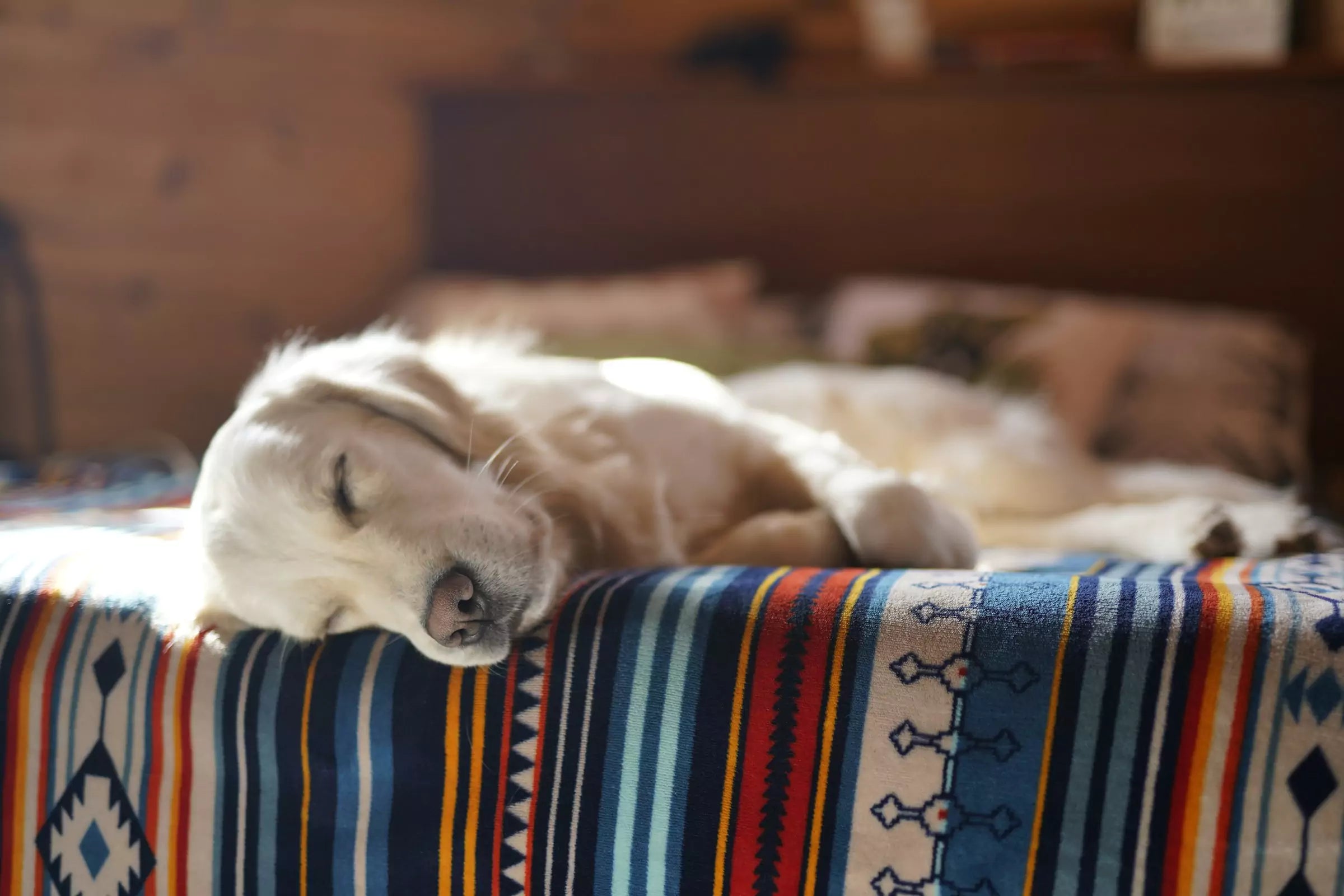

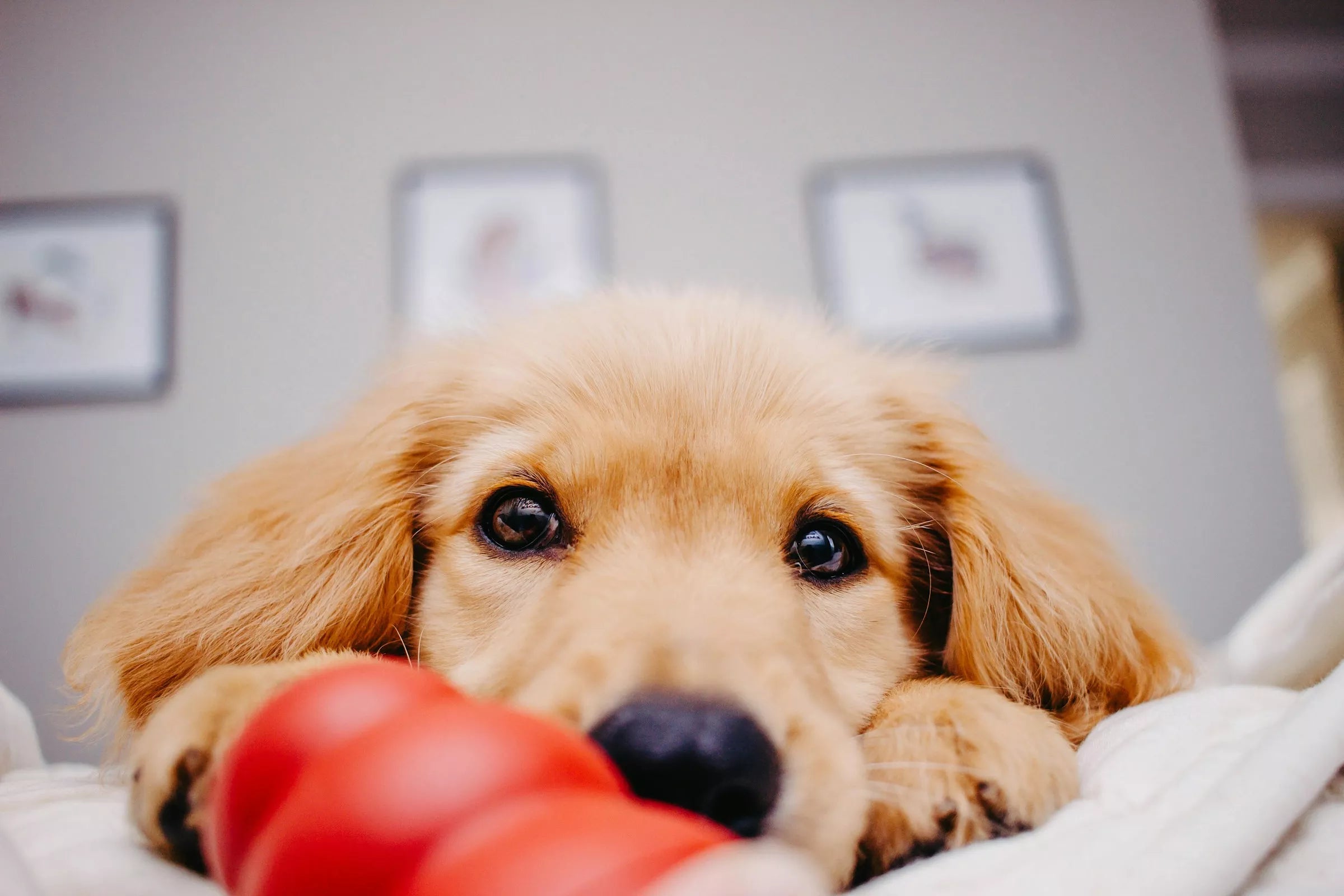
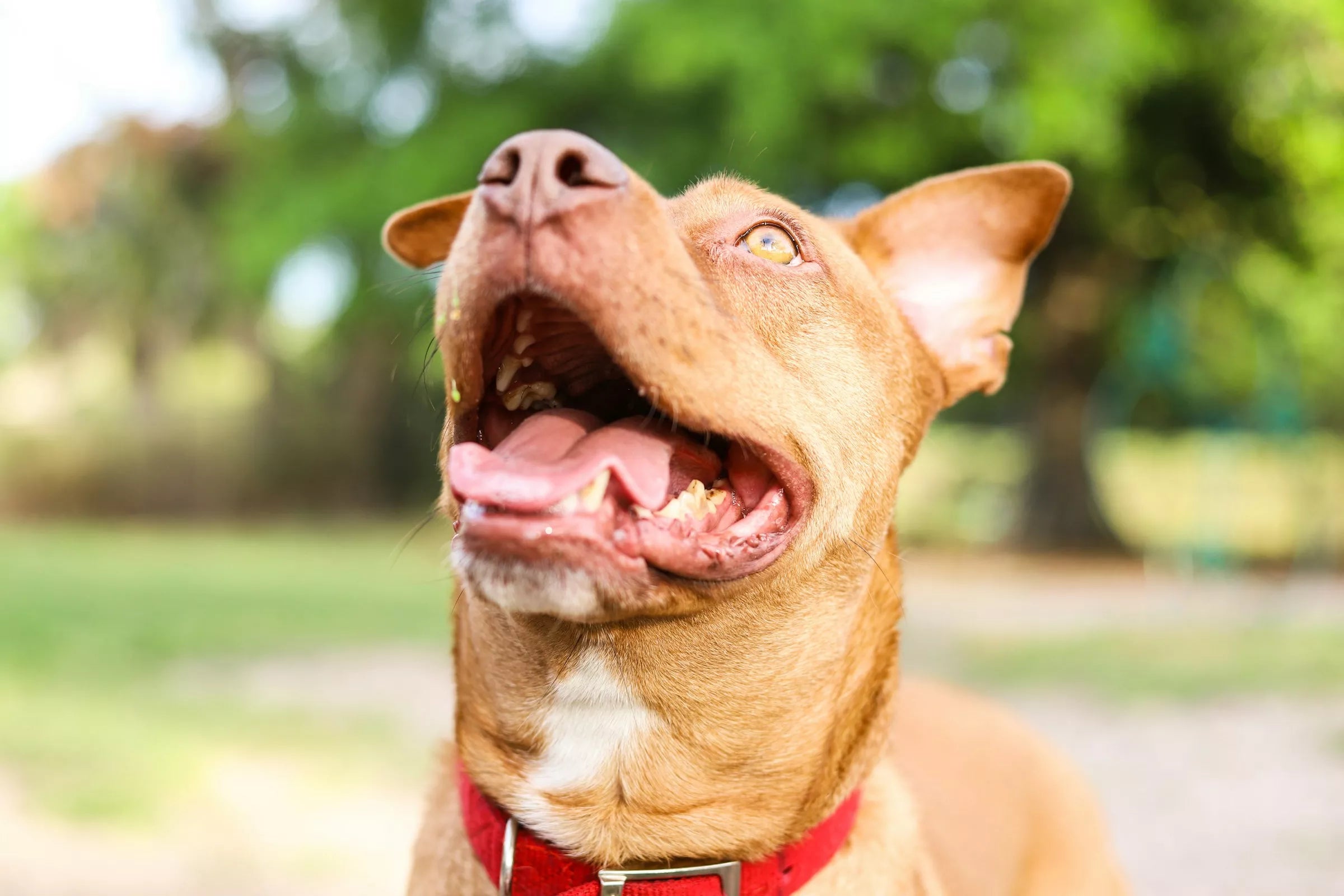

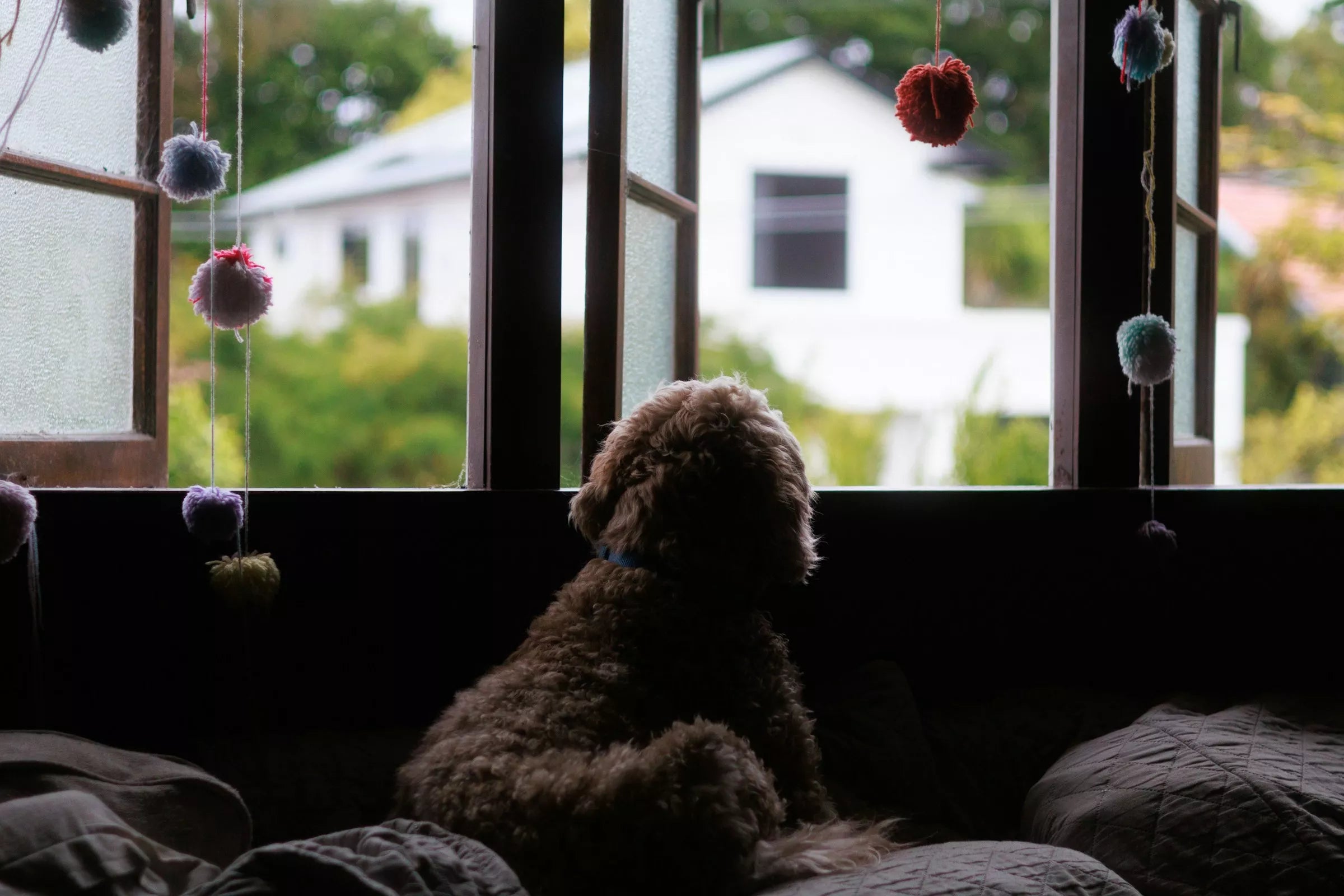
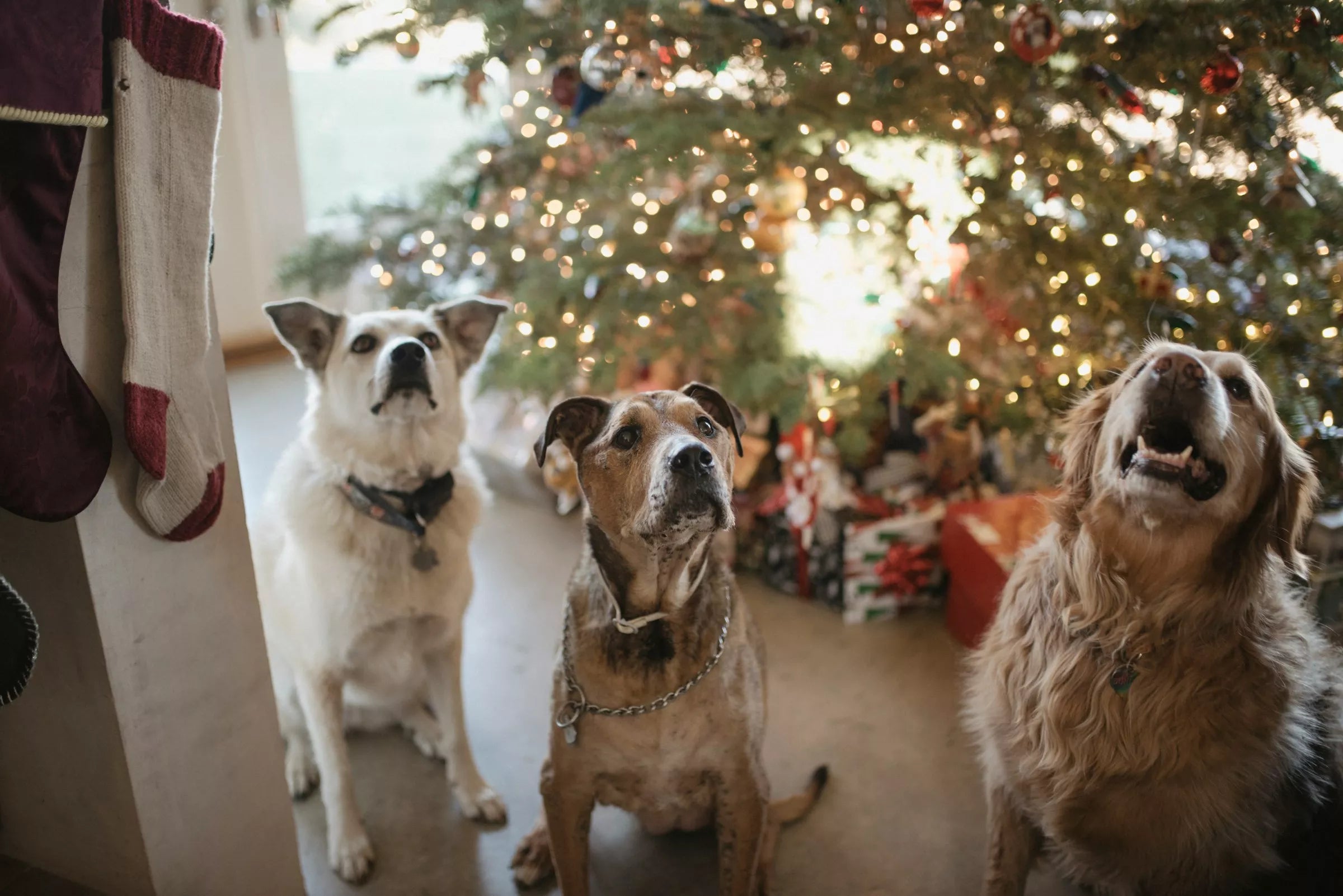
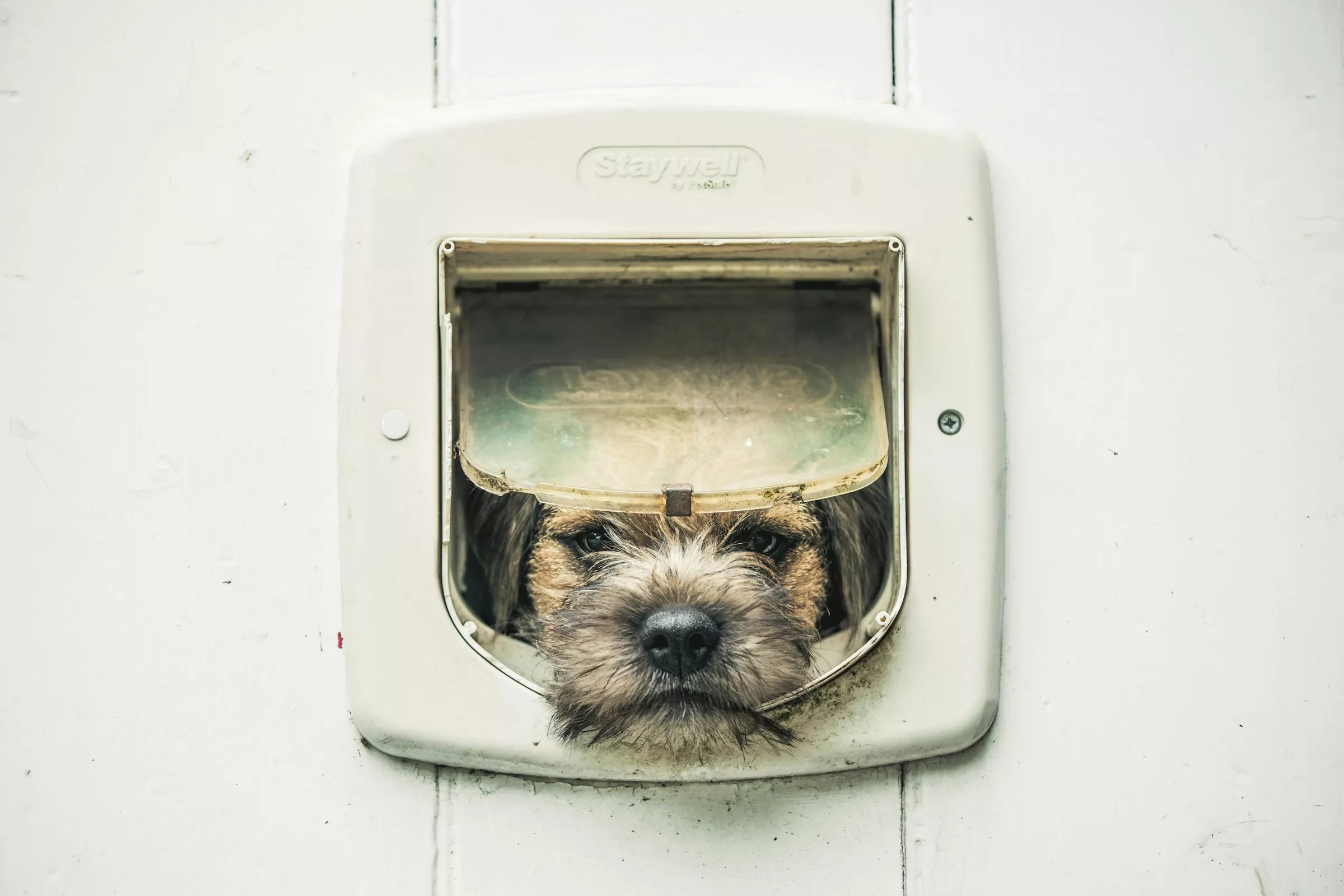






Share:
Can You Train An Adult Dog?
Top 50 Most Popular Names for Boy & Girl Dogs